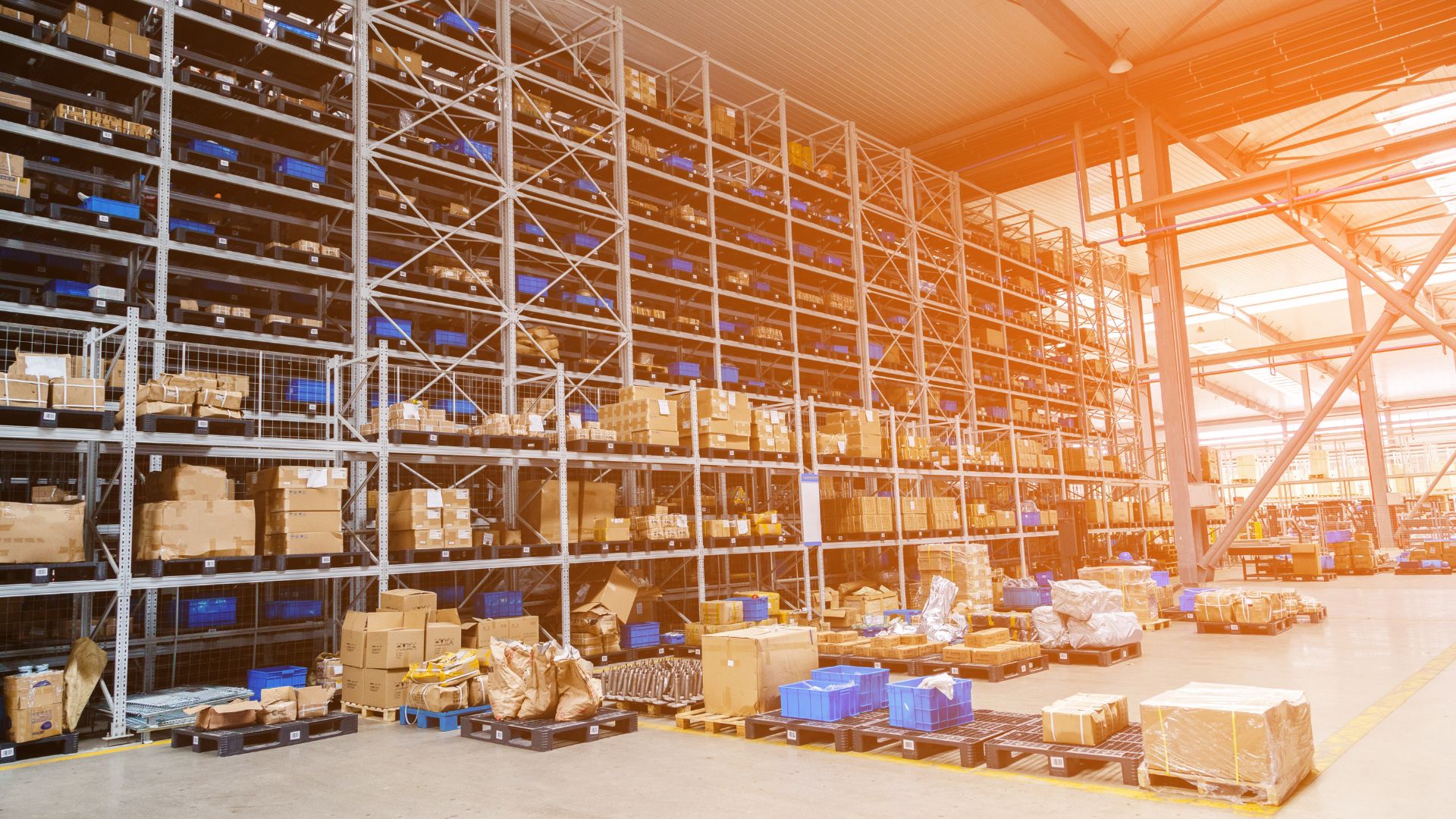The Philippines is aligning its economic agenda with the twin global transitions toward sustainability and digitalization. The ASEAN Investment Report 2025 highlights two key policy frameworks that could redefine how the country attracts future investments: the Clean Energy Finance and Investment Roadmap and the E-Commerce Roadmap 2022.
The Clean Energy Roadmap outlines strategies to mobilize private and foreign capital for solar, wind, and energy-storage facilities. It encourages blended financing structures to reduce risks for investors and aligns national targets with ASEAN’s broader shift toward decarbonization. The E-Commerce Roadmap complements this by focusing on expanding internet connectivity, digital literacy, logistics efficiency, and secure digital payments.
Together, these roadmaps are designed to enhance the country’s competitiveness by building both physical and digital infrastructure. The ASEAN Secretariat observed that these initiatives can reduce logistical bottlenecks, improve productivity, and support small enterprises through easier market access.
The report also acknowledged the need for consistent policy implementation. While the frameworks are well-designed, investors will look for evidence of concrete progress in regulatory coordination and data-security standards. The report concluded that if the Philippines successfully executes these twin programs, it could become a preferred destination for green and digital investments in Southeast Asia.










